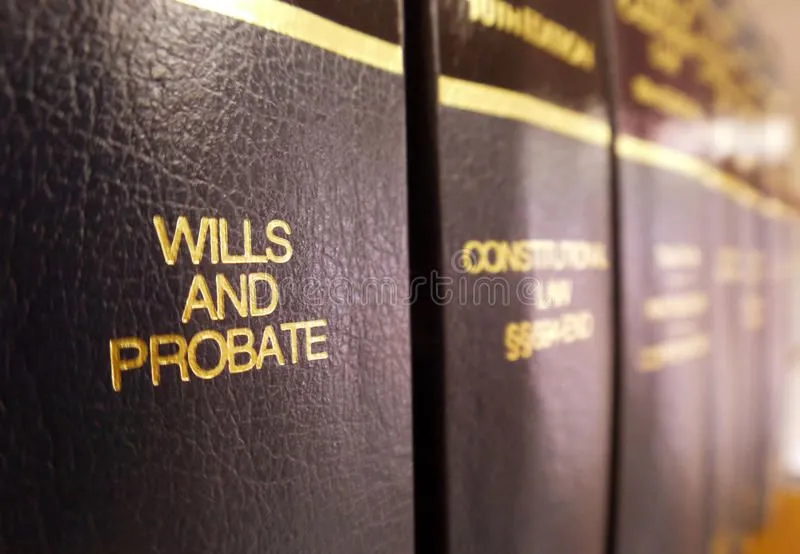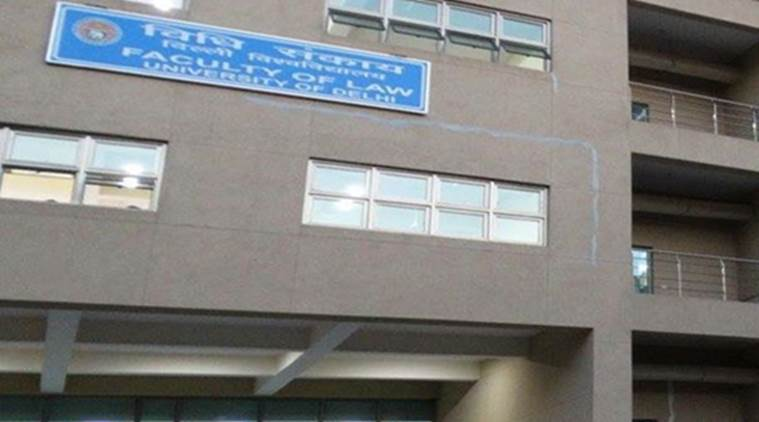Cause of action v. Lack of Merit

Shubham Budhiraja Shubhambudhiraja02@gmail.com Advocate, Delhi High Court A filed suit against B for infringement of his trademark whereas B filed its written statement along-with application under Order 7 Rule 11 for rejection of the plaint for lack of cause of action. B took the plea because he is a prior user of the mark and thus there is no infringement. The Trial court dismissed the application . The Hon’ble High Court under Article 227 confirmed the trial's court order and held that these pleas would be an answer to the suit but not indicative of an absence of cause of action. There can be no confusion between the existence of a cause of action and the absence of merit in the suit. Whether the plaintiff would ultimately succeed or not, cannot dictate the existence of a cause of action . (I) The High Court exercising supervisory jurisdiction does not act as a co...







